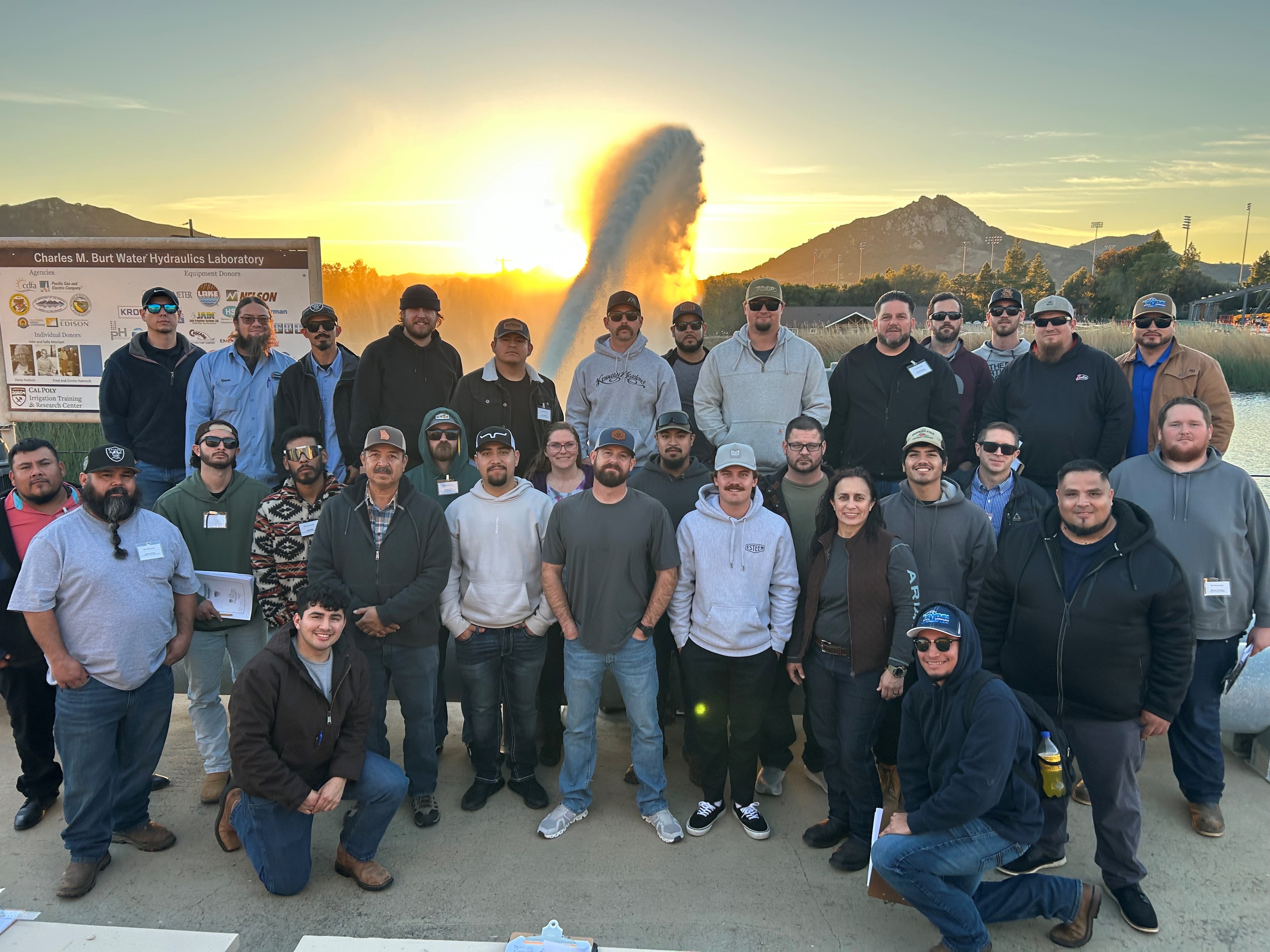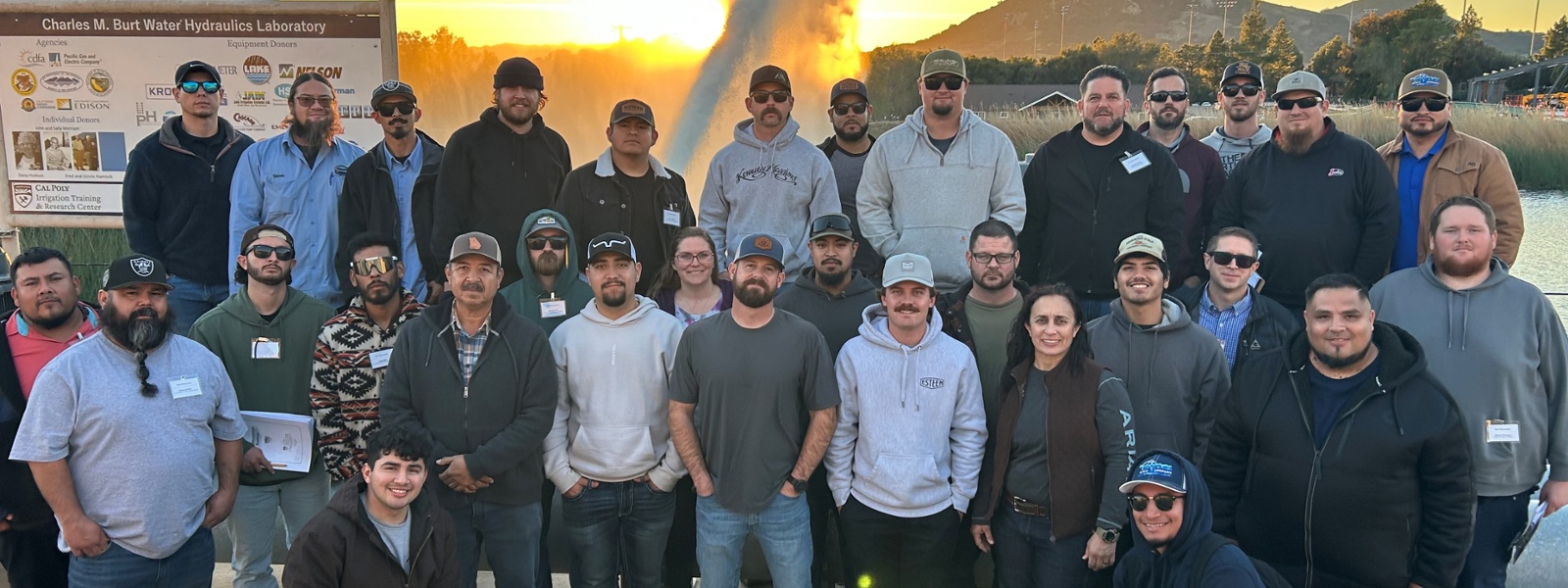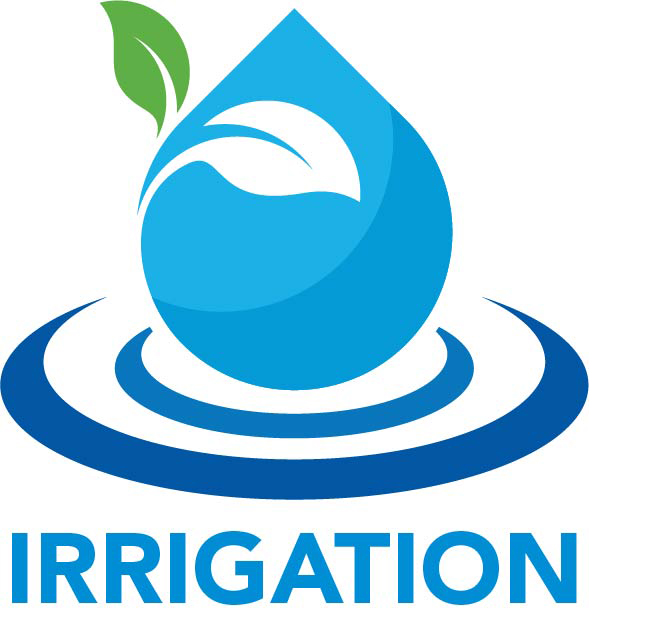Technical knowledge needed for state's water future

Water professionals gather at a flow management course taught last winter at California Polytechnic State University, San Luis Obispo, Irrigation Training and Research Center.
Photo/Brayan Garcia

By Stuart Styles
Efficient water management is a growing priority in California as agriculture, urban and recreational development, and environmental needs increasingly compete for limited resources.
There is a pressing need for professionals who understand water system complexities but also can design, manage and optimize irrigation systems. To meet this need, professionals need an excellent source of irrigation education that includes extensive written material to emphasize the details and a tested hands-on component to help understand complex topics.

Cal Poly’s Irrigation Training and Research Center, or ITRC, plays a critical role in addressing that need.
I started working for the ITRC in 1993 and have been director since 2000. Founded in 1989 by Dr. Charles Burt and housed within the BioResource and Agricultural Engineering Department, ITRC was specifically developed to ensure long-term positive benefits to Cal Poly’s academic irrigation training program, emphasizing the “Learn by Doing” motto.
The center’s work spans irrigation district modernization, supervisory control and data acquisition systems, or SCADA, and canal automation, flow rate management, on-farm irrigation system evaluations, energy efficiency and evapotranspiration measurement.
ITRC balances its academic irrigation program while also serving as a technical resource for the water industry. It integrates training, research and technical support to serve students and professionals across California. The center is operated by 15 professionals and 30 part-time student technicians.
ITRC offers year-round technical training for irrigation district staff, engineers, consultants and growers. These workshops combine classroom instruction with hands-on experiences at the Irrigation Performance Facility and the Water Hydraulic Laboratory.
Thirteen irrigation courses are available to Cal Poly students. During COVID-19, these were among the few classes held on the Cal Poly campus. The outdoor facilities provided a perfect classroom setting, bringing safe instruction. Courses designed for students have been shared with irrigation dealers, districts and the broader industry. These 525 professional offerings have served more than 11,700 participants, with 157,200 professional education hours logged over 35 years.
Irrigation System Evaluation, or ISE, short courses, sponsored by the California Department of Water Resources, prepare participants for ITRC Certified Distribution Uniformity Evaluator certification. ISE1 combines theory with lab practices, while ISE2 involves complete field evaluations of drip and microirrigation systems in the San Joaquin Valley.
 Certified evaluators perform summer distribution uniformity evaluations statewide. Offered free through DWR and the California Department of Food and Agriculture, these assessments involve measuring pressures and flows and inspecting system components. Students input the data, analyze it with staff support, then compile reports with results and recommendations. They also meet growers to review findings and suggest improvements, often boosting yield and crop quality.
Certified evaluators perform summer distribution uniformity evaluations statewide. Offered free through DWR and the California Department of Food and Agriculture, these assessments involve measuring pressures and flows and inspecting system components. Students input the data, analyze it with staff support, then compile reports with results and recommendations. They also meet growers to review findings and suggest improvements, often boosting yield and crop quality.
The Designer/Manager School of Irrigation program offers courses in scheduling, hydraulics, pumps, row crop drip irrigation, and drip and microirrigation design aligned with Irrigation Association certifications. Most exams and books were provided by ITRC and authored by me and Charles Burt, who has been my mentor.
For water districts, the Irrigation District School of Irrigation courses are held during the winter months. The workshops are sponsored by the U.S. Bureau of Reclamation, California Great Basin region. The program includes courses in flow management, pumps, modernization and SCADA.
ITRC is updating its popular flow management short course to become a certified program, which will include a formal exam and certificate. This new certification is designed to strengthen industry standards and better prepare participants for real-world applications. The certified course is expected to be launched soon. The SCADA course now features cutting-edge Schneider Electric 474i controllers, offering water districts a state-of-the-art training for modernizing canal and pump control systems.
The Certified Irrigator Program is sponsored by the CDFA Water Efficiency Technical Assistance program. The two-class sequence focuses initially on basic irrigation principles and advances to topics such as pipeline hydraulics and irrigation efficiency. These classes are offered in English and Spanish and are targeted for on-farm irrigation professionals, with an emphasis on drip systems. After completion of each in-person course, attendees can take an exam to receive certification.
ITRC also provides two self-paced online courses that are available year-round. The online Certified Fertigator course is sponsored by CDFA’s Fertilizer Research and Education Program and is available in English and Spanish. The classes cover techniques in the control and application of fertilizers through irrigation systems and strategies to conform to nitrogen regulations in California.
Other key topics include the characteristics and behavior of nitrogen fertilizers, challenges associated with phosphorus and potassium applications, use of growth enhancers and organic-compliant methods for keeping drip systems clean. The course emphasizes increasing crop yields per acre-foot of evapotranspiration through improved fertility management, a critical objective for California growers facing ongoing water and regulatory pressures.
Cal Poly’s ITRC continues to be a vital hub for irrigation education, research and innovation, training the next generation of professionals to meet California’s water management challenges. For more information about projects or short courses, visit itrc.org.
Stuart Styles is a professor of irrigation and director of the Irrigation Training and Research Center at California Polytechnic State University, San Luis Obispo. He may be contacted at sstyles@calpoly.edu.
Victoria Paolini, agricultural communications technician at Cal Poly’s Irrigation Training and Research Center, contributed to this commentary.




